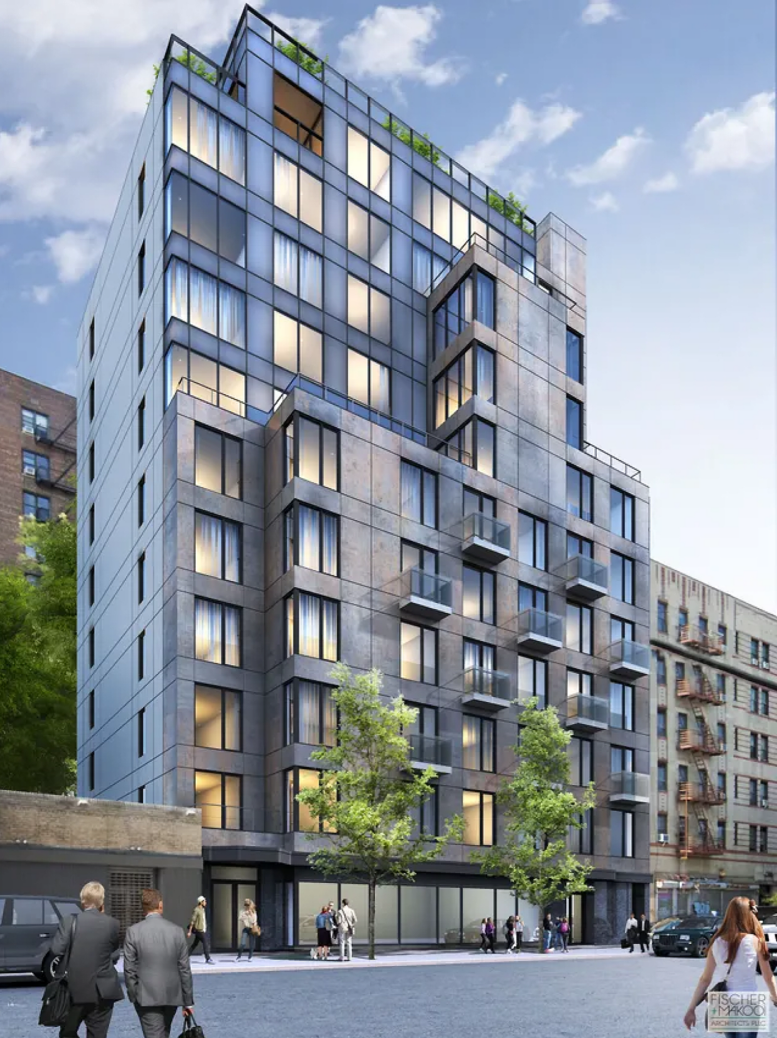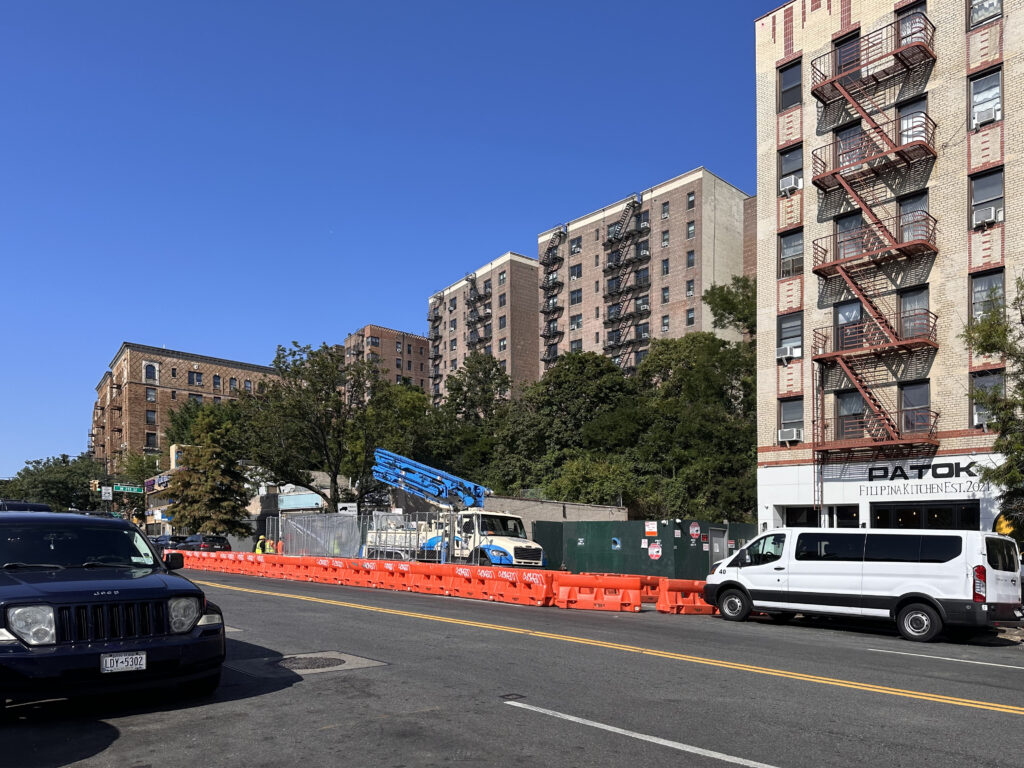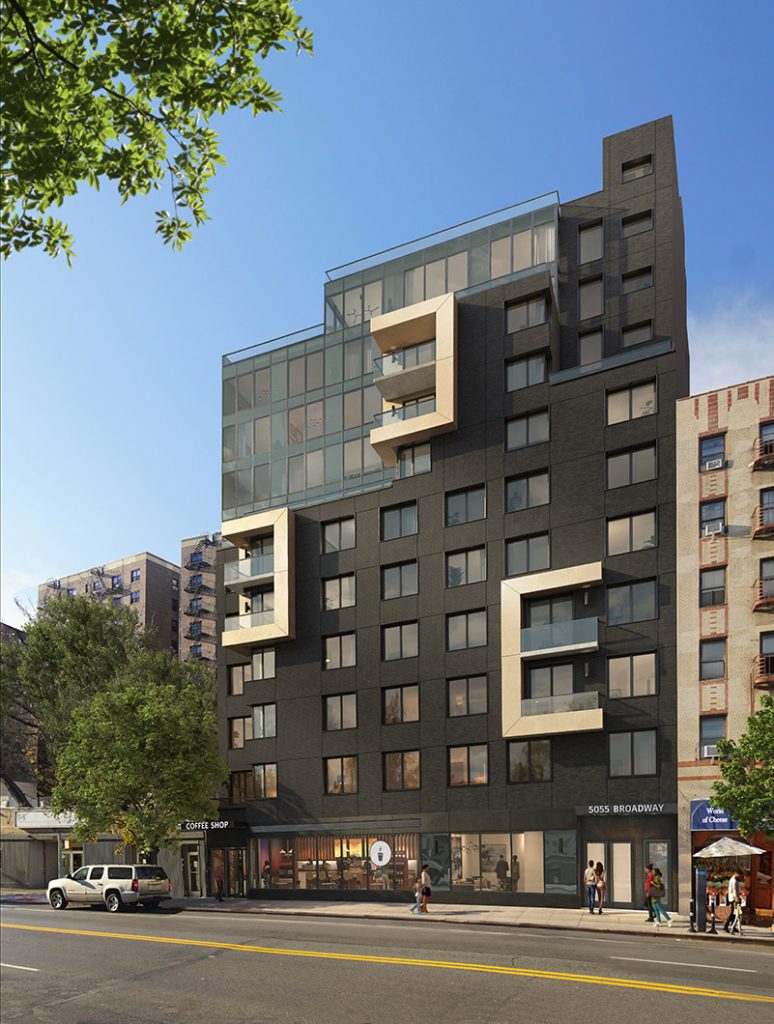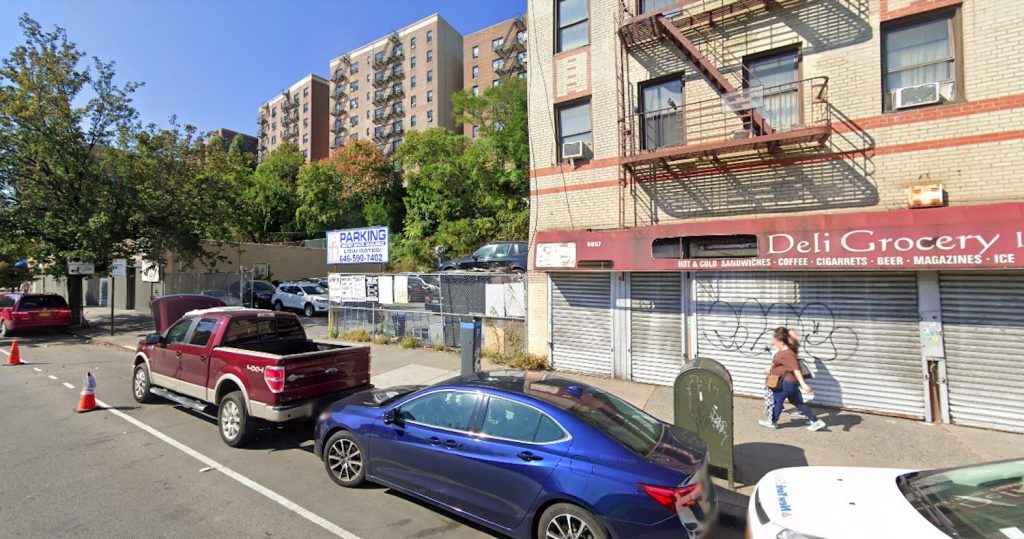SENATOR RIVERA HOSTS POP-UP EVENT AT PELHAM PARKWAY HOUSES
On August 22nd, Senator Rivera hosted a back-to-school pop-up event at Pelham Parkway Houses. Senator Rivera provided backpacks and school supplies to residents of the Pelham Parkway Houses. Thank you to Tacombi Nolita for providing meals to residents for this event, and Pelham Parkway Tenant Association and their President Oscar Grant for hosting the Senator!
SENATOR RIVERA ATTENDS COUNCILMEMBER SANCHEZ'S BLOCKS PARTY
This weekend, Senator Rivera attended Councilmember Pierina Sanchez's block party co-sponsored by the Committee for Hispanic Families and Children. Senator Rivera joined community members in an neighborhood bonding event with food, games, and entertainment.
SENATOR RIVERA ATTENDS B.R.A.G WEST PEACE BBQ
Senator Rivera was thrilled to attend another barbecue hosted by Bronx Rises Against Gun Violence (BRAG). The CURE violence intervention approach that BRAG implements in their day to day work in our community is crucial in addressing our gun violence epidemic. Senator Rivera is proud to have secured 240 thousand in critical state funding for BRAG to continue this invaluable work.
To learn more about about BRAG and the work they do to combat gun violence, click here.
SENATOR RIVERA HOSTS FREE HOUSING & IMMIGRATION SERVICES WITH NMIC
Senator Rivera welcomed NMIC for our monthly Housing and Immigration Clinic at the Senator's District Office. NMIC's partnership with Senator Rivera's office has helped more than a hundred people receive free immigration and housing services over the past year. To schedule an appointment for the next NMIC Clinic in September, call the Senator's office at 718-933-2034.
SENATOR RIVERA CELEBRATES 50 YEARS OF NWBCCC
Senator Rivera attended the celebration of 50 years of the Northwest Bronx Community and Clergy Coalition (NWBCCC). Senator Rivera has been proud to stand with NWBCCC over the years on the justice campaigns they are working on, like passing the New York Health Act and transforming the Kingsbridge Armory into a community asset. Senator Rivera was proud to sponsor the Backpack Giveaway and spend time with the incredible organizers and leaders of the NWBCCC.
To learn more about NWBCCC and get involved in the great work they do for the Bronx, click here.
SENATOR RIVERA ATTENDS FORDHAM UNIVERSITY BACK TO SCHOOL EVENT
Senator Rivera was excited to attend Fordham in Community's Back To School Festival at Fordham Plaza. At the festival, Senator Rivera joined community leaders in distributing backpacks and school supplies to thousands of children while providing resources for their families.
SENATOR RIVERA ATTENDS MORRIS HEIGHTS HEALTH CENTER COMMUNITY EVENT
Senator Rivera joined neighbors at Morris Heights Health Center's Patient Appreciation day. At the event, MHHC announced the launch of their Healthy Destination Kids Campaign, focusing on food & nutrition awareness and vaccinations for children in the community
For every $2 spent at NYC farmers markets using Supplemental Nutrition Assistance Program (SNAP) benefits on an EBT card, shoppers can get $2 in Health Bucks up to $10 per day. Health Bucks are coupons redeemable for fruits and vegetables at all 130+ NYC farmers markets. For farmers market locations and hours of operation, see the 2024 Farmers Market Map.
Summer EBT helps low-income families cover the cost of groceries when school is out of session. Most households do not need to apply for Summer EBT food benefits. For more info, including eligibility requirements, click here
DUE 9/12: 2025 SPECIAL PROJECTS FUND REQUEST FOR PROPOSALS IS NOW OPEN
The New York Health Foundation (NYHealth) 2025 Special Projects Fund Request for Proposals (RFP) is now open.
Special Projects Fund awards are one-time, nonrenewable funding opportunities available for organizations working to improve the health of New Yorkers, especially people of color and others who have been historically marginalized. Projects must address important and emerging health care and public health issues that fall outside NYHealth’s three priority areas:Primary Care; Healthy Food, Healthy Lives; and Veterans’ Health. NYHealth seeks to partner with a wide range of organizations implementing innovative projects that can improve health at the local, regional, or statewide levels.
Applicants must complete a letter of inquiry form (LOI) to determine whether a proposed project fits the funding criteria. LOIs are due on September 12, 2024, at 1:00 p.m.
Selected organizations will then be invited to submit full proposals due on November 14, 2024, at 1:00 p.m.






















